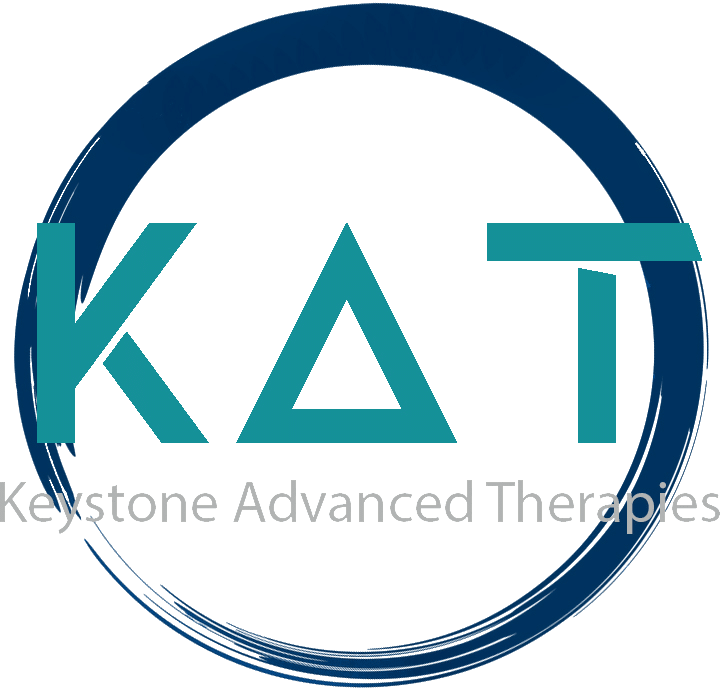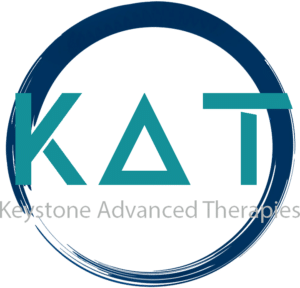Understanding Eating Disorders
Eating disorders are severe mental health conditions that can profoundly impact individuals’ physical and emotional well-being. Access to evidence-based treatment at an early stage is vital in addressing the effects of these disorders. It’s crucial to raise awareness about the prevalence and consequences of eating disorders to encourage timely intervention and support for those affected by these conditions. Early recognition and intervention play a significant role in the effective management of disordered eating behaviors, promoting better outcomes for individuals seeking therapy and care.
Causes of Eating Disorders
Environmental and Genetic Factors
- Genetic predisposition and family history can contribute to the development of eating disorders.
- Societal pressures and cultural influences also play a significant role in the onset of disordered eating behaviors.
Mental Health and Emotional Triggers
- Underlying mental health conditions such as anxiety and depression can exacerbate the risk of developing eating disorders.
- Trauma, low self-esteem, and body image issues often act as emotional triggers for disordered eating patterns.
Anorexia, Bulimia, and Binge Eating
Understanding Anorexia Nervosa
- Anorexia nervosa is a restrictive eating disorder characterized by extreme food restriction and an intense fear of gaining weight.
- Individuals with anorexia often have a distorted body image and strive for excessive thinness, leading to severe health consequences.
Bulimia Nervosa and Binge Eating Disorder
- Bulimia nervosa involves cycles of binge-purge behavior, where individuals consume large amounts of food in a short period and then engage in compensatory behaviors such as vomiting or excessive exercise.
- On the other hand, binge eating disorder entails consuming large quantities of food in a short period, accompanied by feelings of loss of control. This can lead to significant distress and emotional turmoil for individuals struggling with this condition.
By understanding the distinct characteristics of these eating disorders, it becomes evident that early access to evidence-based treatment is essential in addressing the complex challenges individuals face when dealing with these conditions.
Benefits of Early Intervention
Improved Treatment Outcomes
Early intervention plays a pivotal role in improving treatment outcomes for individuals grappling with eating disorders. By seeking timely treatment and support, individuals have a higher chance of recovery and improved well-being. It also helps in preventing the progression of eating disorders, thereby reducing the risk of long-term physical and psychological consequences.
Enhanced Quality of Life
Prompt intervention offers a pathway to an enhanced quality of life for those affected by eating disorders. Access to early evidence-based treatment not only improves overall well-being but also promotes healthy relationships with food, body image, and mental health. This holistic approach fosters a positive environment for individuals to embark on their journey towards recovery.
In the words of our dedicated team at West Lawn, PA: “Timely intervention is the key to unlocking a brighter and healthier future for those battling eating disorders.”
Eating Disorders Help In West Lawn, PA
Compassionate Treatment Staff
At our center in West Lawn, Pennsylvania, our compassionate treatment staff is dedicated to providing evidence-based care for individuals struggling with eating disorders. We understand the complex challenges faced by those dealing with these conditions and strive to create a welcoming and supportive environment for all our patients. Our team is committed to offering personalized care that addresses the unique needs of each individual, ensuring that they feel understood and supported throughout their journey toward recovery.
Free Consultation Services
In addition to our comprehensive treatment programs, we offer free consultation services to individuals and families in the West Lawn community seeking guidance and support for eating disorders. We believe that accessible and inclusive care is essential for fostering a supportive environment where individuals can seek the help they need without barriers. Our team is dedicated to providing valuable resources and assistance to ensure that everyone in the local community has access to the support they deserve.
Supporting Mental Health
Holistic Approach to Mental Well-being
At our center, we take a comprehensive approach to mental well-being, recognizing that eating disorders are often intertwined with underlying psychological and emotional factors. Our dedicated team prioritizes addressing these root causes to promote lasting recovery. By focusing on the holistic well-being of our patients, we aim to provide them with the tools and support needed to navigate their journey toward mental wellness and emotional stability.
Promoting Positive Body Image
Promoting positive body image and self-acceptance is fundamental to the recovery process. Our programs are designed to empower individuals, fostering a healthy relationship with their bodies and self-image. We believe that cultivating a positive body image is essential for nurturing mental wellness and overall emotional well-being. Through our tailored approaches, we encourage individuals to embrace self-acceptance and develop a healthy perspective on their bodies, contributing to their journey towards holistic recovery.
Promoting Early Intervention
Educational Awareness Initiatives
- Our commitment to raising awareness about the significance of early intervention for eating disorders is unwavering. Through educational initiatives, we aim to empower individuals and communities with the knowledge and resources needed to recognize the signs of eating disorders and seek timely support. By shedding light on the benefits of early intervention, we strive to prevent the long-term impact of disordered eating behaviors and promote a proactive approach to mental health.
Community Outreach Programs
- Engaging in community outreach programs is at the heart of our mission to provide valuable resources and support for early intervention strategies. We actively collaborate with local organizations to advocate for timely access to evidence-based treatment, ensuring that individuals grappling with eating disorders have the opportunity to receive prompt intervention and holistic care. By fostering partnerships within the community, we endeavor to create a network of support that prioritizes early recognition and intervention for those in need.
By promoting educational awareness initiatives and engaging in community outreach programs, we are dedicated to advocating for early access to evidence-based treatment, ultimately making a positive impact on individuals’ well-being.
Conclusion
In conclusion, early access to evidence-based treatment is pivotal in addressing the impact of eating disorders and fostering recovery. By raising awareness about the benefits of early intervention, we can provide crucial support to individuals grappling with eating disorders and their families. Together, we have the opportunity to create a community that values and prioritizes early access to evidence-based treatment for eating disorders, ultimately making a positive impact on individuals’ well-being.
By promoting educational awareness initiatives and engaging in community outreach programs, we can work towards a future where timely intervention and comprehensive care are readily available for those affected by eating disorders. As a united community, we can advocate for early recognition and intervention, paving the way for improved outcomes and enhanced support systems.










